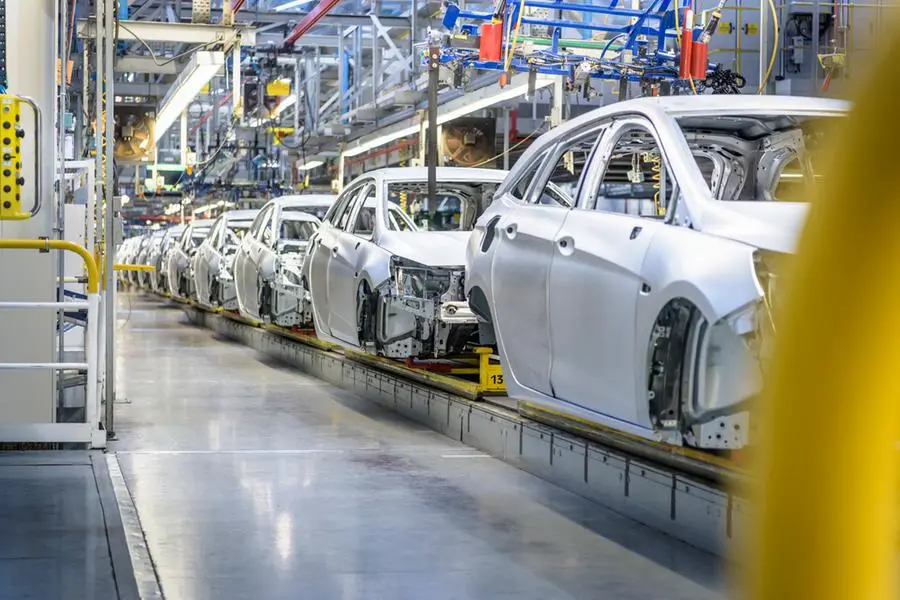
Algeria is embarking on a sweeping reform of its automotive industry as part of President Abdelmadjid Tebboune’s broader economic restructuring agenda, aimed at creating a transparent and competitive industrial environment.
The initiative signals a clear departure from past practices marred by corruption and inefficiency.
Having already launched reforms in the country’s vital hydrocarbon sector, the Algerian government is now focusing on reshaping its automotive landscape to attract significant foreign direct investment, particularly from China.
Central to this vision is the creation of a healthy industrial ecosystem anchored in transparency, fair competition, and value creation.
The government is determined to break with a legacy of opaque practices that allowed pseudo-industrial projects to flourish without meaningful contributions to the national economy.
Many of these ventures, led by figures now facing legal action, were heavily subsidized but failed to deliver local production or integration.
To prevent such abuses from recurring, Algeria has tightened its regulatory framework.
The power to authorize vehicle production and importation now rests exclusively with the Council of Ministers, eliminating bureaucratic loopholes and reinforcing state oversight.
Authorities have made it clear that this reform is not merely cosmetic.
“The presidential will is based on the construction of a credible national mechanical industry,” one government source emphasized, highlighting Algeria’s ambition to attract genuine international partners capable of developing a robust local supply chain.
A key component of this strategy is the mandatory inclusion of national subcontractors in automotive projects.
The government is focusing on three main areas: vehicle assembly, on-board electronics, and the manufacturing of spare parts. By prioritizing these domains, officials hope the sector will eventually contribute at least 12% to the country’s GDP.
Complementary legislation is also being drafted to support this industrial transformation.
New laws targeting money laundering and enhancing data protection are expected to reinforce investor confidence and ensure regulatory integrity.
Algeria’s automotive overhaul signals a new era of industrial policy—one where credibility, integration, and sovereignty are no longer optional, but essential pillars for sustainable growth.



